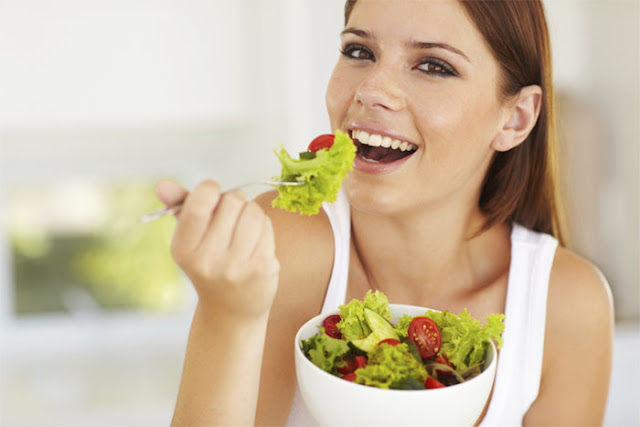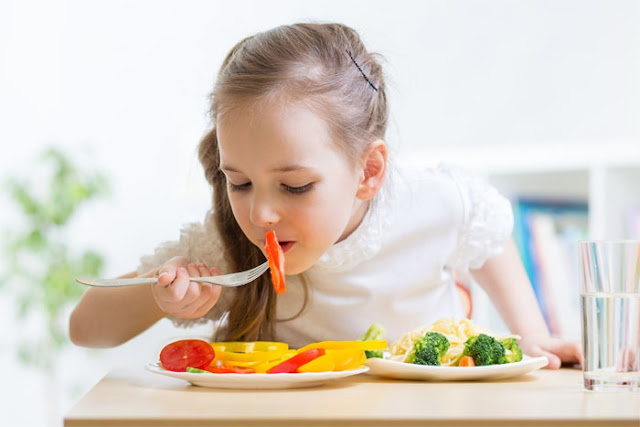 |
| Aine Carlin |
Ever thought about spreading tahini on your face? Us neither! But if Aine Carlin’s glowing complexion is anything to go by, we’re stocking up our shopping baskets!
I make a lot of hummus. Actually, scratch that, I eat a lot of hummus. It’s so much of a staple that there’s a steady stream of it being made and consumed on a weekly basis in my kitchen. Hardly a ground-breaking recipe but I often find that perfecting the basics is as important as developing new ones – and in my humble opinion, bland hummus is a crime.
Of course, it makes for a great dip, but I also like to use it as a base for dressings, as a spread in sandwiches, stirred through pasta, dolloped on pizzas, secreted into savoury muffin batter – nothing is off-limits. In fact, you could say hummus is my cheese.
This lemon coriander version is not too much of a diversion from the classic but is my favoured hummus of the moment. For an extra smooth finish I like to pop the chickpeas from their odd little skins, which might sound tedious but really is worth the extra effort. You could do them by hand or pile them into a clean tea towel and rub vigorously to remove. I add just enough tahini to make it unctuous but not enough to overpower the delicate lemon and coriander notes – as with most things, it’s a fine balance.
Talking of tahini (and indeed balance), I’ve taken to using it on my face. Coupled with tomato, it makes for a wonderful face-mask, and works wonders on my dry skin. Simply cover the tomato in
boiling water and leave it to sit for a few minutes before peeling, deseeding and smooshing (technical term, ahem). Combine with a tablespoon of tahini, slather over your face and leave it to do its thing for upwards of 10 minutes before rinsing and relishing in your smooth, blemish-free skin. Oh, did I mention it’s great for redness? Well, it is!
Fragrant Lemon & Coriander Hummus
 |
| Fragrant Lemon & Coriander Hummus |
- 400g can chickpeas
- 1 garlic clove
- zest & juice of 1 lemon
- 20g fresh coriander (plus stalks)
- 2 tbsp tahini
- 2 tbsp reserved chickpea liquid
- 4 tbsp extra virgin olive oil (plus more for serving)
- ½ tbsp maple syrup
- salt & pepper
- 1 tsp zatar
- Place the chickpeas in a clean tea-towel and rub vigorously to remove the skins. Tumble into the food processor, season generously and add the lemon zest, juice and coriander. Blend on auto until smooth.
- Add the tahini, maple syrup and reserved chickpea liquid and blend on auto. Drizzle in the olive oil as the mixture is blending until smooth and creamy.
- Check for seasoning and transfer to a shallow bowl. Drizzle over a little extra virgin olive oil, sprinkle over a teaspoon of zatar and serve.

















